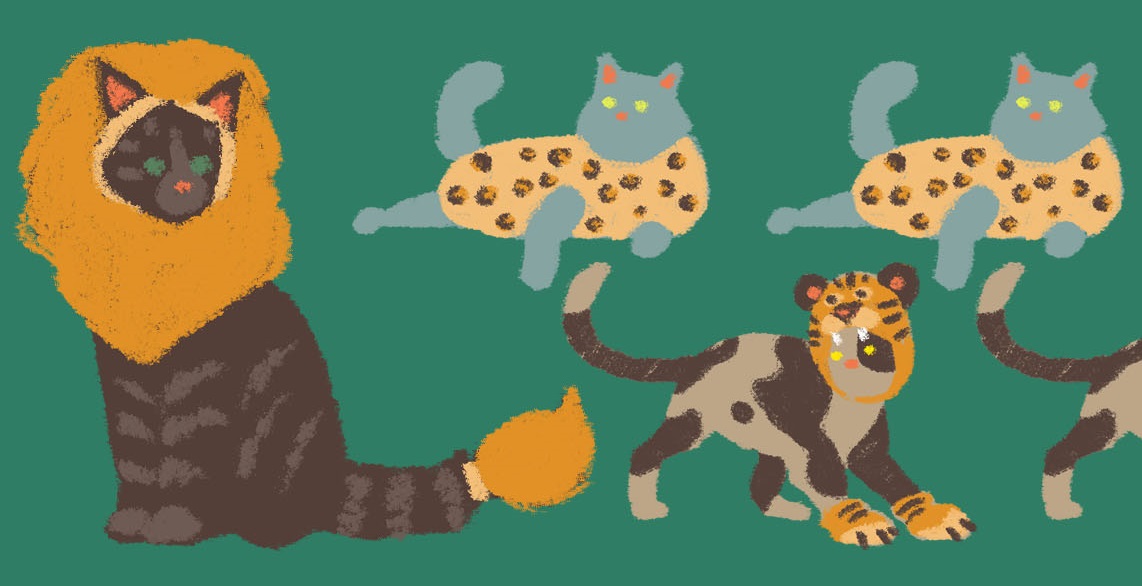Big Cats is a new three-part series documenting the secret lives of some of the most formidable hunters on the planet. Using the latest technology and new scientific research, the team of videographers take a peek into the enigmatic lives of thirty-one out of the forty different cat species. The first episode, which aired on January 11, allowed us to have a closer look at lions, leopards, Canadian lynxes and the utterly adorable (but mightily territorial) rusty spotted cat.
Directed by Anna Place, this unmissable and bewildering documentary is the most recent in a long line of nature documentaries. After the success of Blue Planet, which has been called the greatest nature documentary of all time, there’s no wonder that other filmmakers and producers want to try their hand at getting a piece of the action.
Over the past couple of months, we have been treated to imposing underwater documentaries, probed into polar bear lives, explored the Amazon, and now we get the chance to see the world through the eyes of a big cat. And it doesn’t stop there. The BBC has already announced their plans for even more nature documentaries this year. One of them, Dynasty, will follow individual animals for more than two years to demonstrate how these creatures face the challenges of their environment.
Fact-based programmes such as these are swiftly becoming of utmost importance. Our planet is in dire condition and the world is changing before our eyes. As humans, we may be able to change our environments to ensure our survival, but life isn’t so easy for every other living creature that shares this planet. Whether it’s an issue of ignorance or reluctance, not enough is being done to save our planet and its inhabitants. One potential reason for this is a lack of genuine concern due to inexperience. We can be told time and time again that the ice caps are melting or that plastic is rotting our seas but ultimately, few of us ever actually see these effects, and so it never quite hits home.
Yet with documentaries such as Big Cats, we can finally get a glimpse at both the beauty that exists, and the devastation being done. Seeing such treachery being committed by us against the planet provides substance to the claims that we hear all the time. When 11.91 million of us watched a mother pilot whale cry over the death of her calf due to plastic toxicity, the facts could not be denied. These shows make us face the reality that we have brushed off for so long.
It would seem as if these eye-opening shows are having some form of effect. Whether Theresa May’s plans to ban plastic was directly inspired by Blue Planet’s final episode is unconfirmed, but we can at least hope that they are having an impact. Through the power of the documentary, we see areas of the world we might never see in person, we learn things we might never learn elsewhere, we’re enlightened and educated, even advised about the power we have to change the state of the world.
2018 promises even more coverage of our beautiful planet and even more lessons to be learned. With every exposure, more people become aware of the environmental travesties taking place, and in turn, just hopefully, more people make will make a change.
Image: Laura Spence

